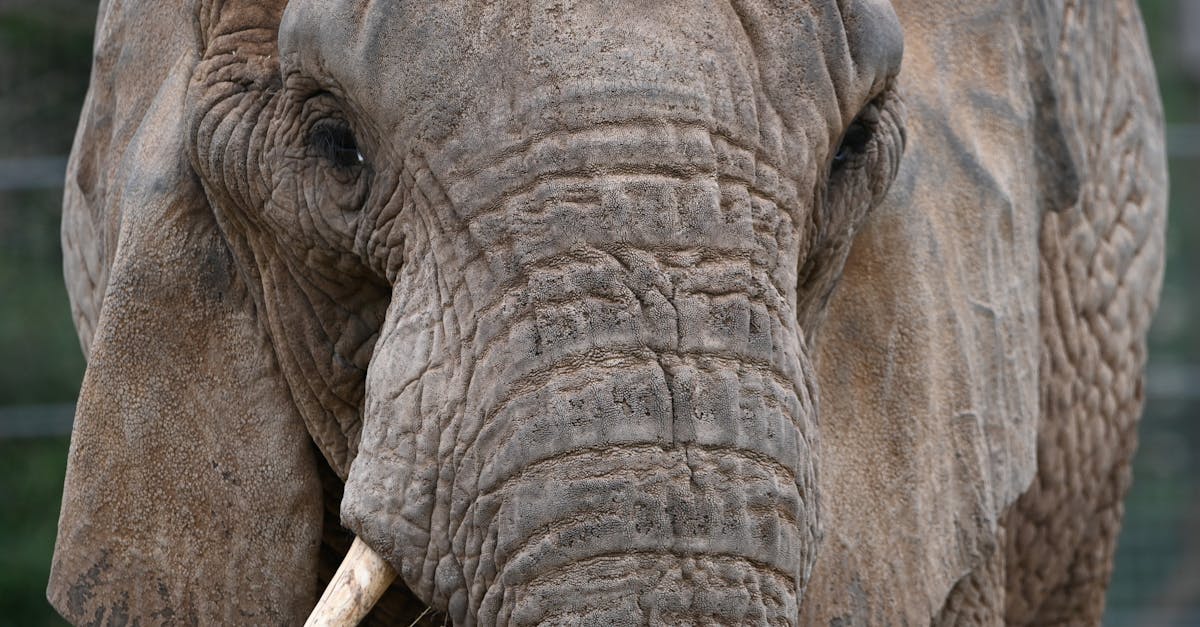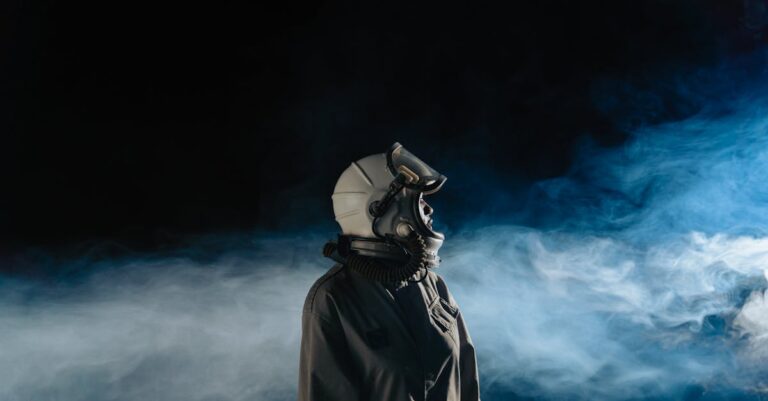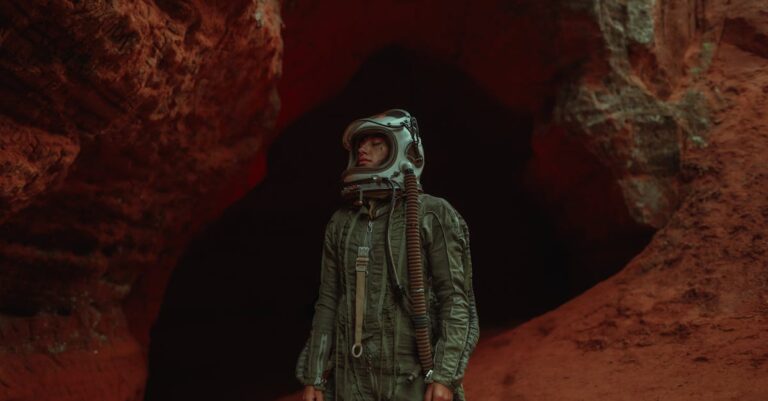
The dust tasted like regret. Fine, ochre powder clung to my tongue, coating the back of my throat with a grit that mirrored the weight in my chest. I watched Veridia shrink beneath the grey, and it wasn’t a romantic shrinking; it was a swallowing. The methane, thick as curdled milk, pressed against my skin, stealing the warmth from the air and rendering the afternoon a bruised purple.
It had started subtly, a few weeks ago, with wisps curling from the fissures in the cracked riverbeds. Then they grew bolder, solidifying into towering banks of grey, a silent, suffocating bloom. Veridia hadn’t been built on water anymore. Not really. Just the ghosts of it, layered into the stone and the brittle clay, murmuring about a time when sound – genuine sound – hadn’t been filtered through layers of vibration.
“Another shift,” Elias said, his voice a low rasp against the oppressive quiet. He ran a calloused hand across the rough weave of his Song Skin tunic, the fabric shimmering faintly under the muted light. He was older than me, maybe fifty-ish, though it’s hard to tell in Veridia. Time wore down differently here, eroded by the dust and the constant, subtle hum of the clouds.
I tightened my grip on the tuning stick – a length of polished bone carved with intricate spirals – and adjusted the frequency. The clouds were intensifying, swallowing the last sliver of light from the horizon. “The rhythm’s weakening,” I muttered, testing my stick against the vibrations of the fabric.
The Song Skins weren’t just clothes; they were resonant chambers, extensions of the communities’ internal soundscape. Before the Atmosphere – we called it the Atmosphere because it literally *created* atmosphere, not just filled it with gas – Veridia had been a technological marvel. The cities blazed with neon lights, drones zipped through the air delivering packages, and holographic advertisements screamed for attention. Then came the Atmosphere, a reaction, they said – a deliberate choice to dismantle all that noise and rebuild.
Now, we lived by the resonance of our voices, the touch of a skilled hand on a stringed instrument made from petrified wood. We were keepers of the old songs, weavers of new ones, trying to recapture something lost – a genuine connection with the world beyond the grey.
“The Council is restless,” Elias continued, his eyes scanning the gathering crowd in the square. Faces were shadowed by woven caps, their expressions a mix of apprehension and grim determination. “They want to increase the amplitude on the Skin feeds. More tonal influence.”
A ripple of discontent moved through the onlookers, a palpable shift in energy. Boosting the frequency meant pushing the Skins further into the vibrational realm, potentially driving people mad with prolonged exposure. It felt like a dangerous escalation.
“We can’t,” I said, my voice tight with resistance. “The old songs…they’re not meant to be blasted into people. It’s about feeling, not forcing.”
A young woman stepped forward, her face dusted with grey, but her eyes burning with a fierce light. “The children are losing their ability to dream,” she said, her voice surprisingly strong despite the dust. “The Skin feeds are becoming a substitute for sleep. We’re losing ourselves.”
A man beside her, lean and weathered like Elias, nodded in agreement. “The clouds aren’t just blocking the light; they’re dampening our senses.”
I tightened my grip on the tuning stick again, adjusting it with a deliberate, almost violent motion. The Skin feed I was connected to – the tunic worn by old Silas, a man who remembered Veridia before it became grey – pulsed with an insistent, high-pitched drone. It was supposed to soothe, to connect, but it felt like a cage.
“I’m going to try something,” I told them, my voice low and focused. “There’s a pattern within the clouds themselves. I believe there’s a way to *harmonize* with them, not just react to their presence.”
Several heads turned, a mixture of disbelief and hope in their eyes. Elias stepped closer, his hand resting gently on my arm. “Be careful,” he cautioned.
I ignored him and began to work, not with the tuning stick – a tool for amplification – but with my hands. Guided by instinct and memory, I started to trace the patterns in the grey, feeling for the underlying rhythm. The clouds were not completely chaotic. There was a subtle pulse beneath the density, a slow, deep resonance that mirrored the heartbeat of Veridia.
As I focused on this rhythm, my mind drifted back to my grandmother’s stories – tales of the rivers flowing freely, of the sound of the wind through the trees, of music that didn’t require manipulation. These memories felt far away now, like echoes in a darkened room.
Suddenly, the Skin feed on my tunic shifted, its drone deepening into a low thrum. It wasn’t forcing anymore; it was responding, adapting to the clouds’ rhythm. And then, something remarkable happened: I felt a connection – not an imposed one, but a shared resonance. The grey surrounding us seemed to soften, the oppressive quiet lessening slightly.
I extended my hand, not towards the Skin feed, but toward the clouds themselves. My fingers brushed against the dense grey and I felt a tingling surge of energy. It wasn’t frightening; it was…familiar. Like coming home to a forgotten place.
A collective murmur rose from the crowd as they noticed the shift. Some removed their caps, lifting them to the sky. The clouds didn’t recede; they simply… settled, becoming less dense, allowing a fragile shard of blue to pierce through.
The Council Elder, a man named Silas—no relation to the old man wearing the Skin feed– approached me. His face was etched with a careful skepticism, but his eyes held an undeniable respect. “What have you done?” he asked, his voice gravelly with age and dust.
I didn’t explain. I couldn’t articulate the feeling, not in words anyway. It was a visceral understanding—a remembering. I simply held out my hand, still touching the grey, and began to sing.
It wasn’t a song of Veridia. It was a song of the dust, of the clouds—a lament and a promise all at once. My voice blended with the atmosphere itself, and for the first time in a long time, I heard something beyond the grey.
The clouds remained, but they no longer felt like a threat. They were part of us—integral to our existence in this new world. And as I sang, I knew we hadn’t won the battle against the Atmosphere. We were simply learning to dance with it, to weave our stories into its grey embrace.


